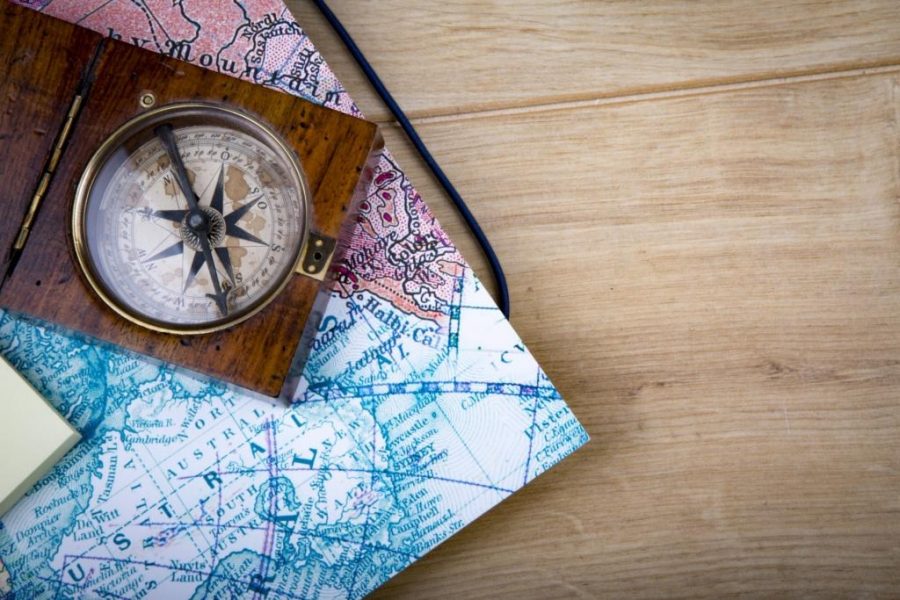The energy of the market was intoxicating. Merely 15 years old at the time, I was astonished by the stark contrast between the typical United States grocery store and the buzzing Cambodian square. Stalls of food, cloth, souvenirs and cuts of meat were all squished together in a frenzy of controlled chaos. A multitude of smells reached out their tendrils: soup and fruits and garbage all in the same whiff. Beggars wound through narrow hallways, salespeople called out advertisements for their wares, clumsy tourists stumbled through with mouths hanging wide open ó a conglomeration of people coming together in one place to buy and sell in this wildly free market.
In many developing nations, Cambodia included, negotiation is a key component. In the U.S., our stores generally have set costs, but in many developing nations trade swings dramatically as consumers and vendors discuss the issue of money. Itís exciting, even riveting, to barter. Itís a duel of wits.
I quickly figured out the intricacies. I would cut down the amount, go back and forth convincing the sellers that a lower amount was acceptable and if I couldn’t get the price I wanted, I would begin to walk away – which would quickly change their minds. I bragged to my companions about a pair of pants I scored for four dollars and the silk scarves I was able to pick up for just a few bucks. My pride in my talent for negotiation was boundless. I was caught up in the thrill, the entertainment of boiling down the prices.
What I didn’t recognize at that time was the impact of my meager, insensitive spending.
I was recently able to travel to Cambodia for the third time. In developing countries like Cambodia, poverty is everywhere. You see it on the city streets as disabled beggars hold out their bowls, in the countryside where people live in homes that are no more than huts and in elderly women whose joints swell against the shocking slimness of her arms. The vendors in the market flock to their crowded stalls every day, desperate to sell their wares. Their profits buy food for their tables, pay education fees for their children and provide shelter for their families. I began to make personal connections with the people around me. They told me about their lives, their joys and their struggles. This exposure forced me to become more aware of how fortunate I am as an American and to realize my position of privilege.
It is hard to grasp how lucky we are to have running water, air conditioning, education and other things that we take for granted in the U.S. Above and beyond these simple necessities lies the addition of travel. Plane tickets across the world can cost over $1,000. When you begin to add the expenses of food, transportation, hotels and tourist attractions, the price of the trip continues to rise dramatically. It isn’t emphasized enough what a privilege it can be.
If you’re able to spend thousands of dollars on a trip abroad, you shouldn’t need to haggle to get $2 off a pair of $8 pants. You can pay $5 for a pair of sunglasses instead of $4. Bartering is not a game, and working to exploit the people selling to you is not something to be proud of. This is a livelihood for so many. As a tourist invading the marketplace, you can afford to support it.


